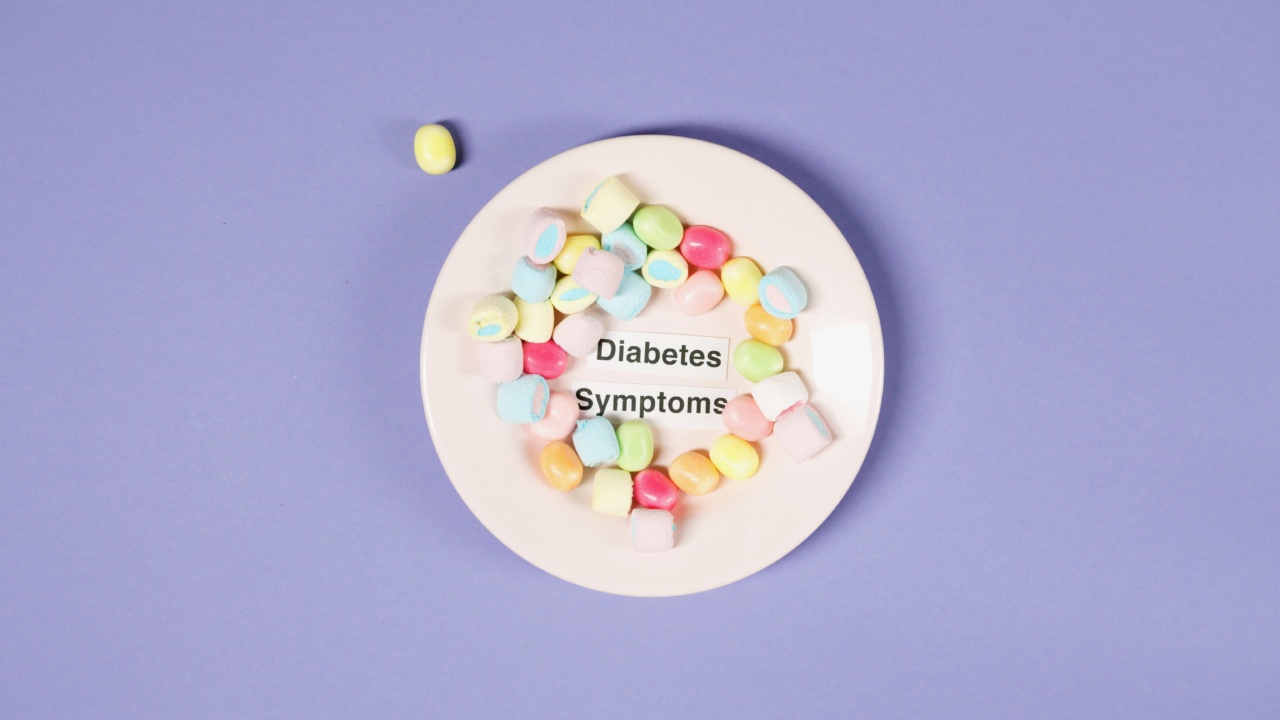Fibromyalgia is a chronic condition that affects millions of people worldwide. It is marked by symptoms like fatigue, muscle pain, and tenderness, and can have a significant impact on quality of life.
While the exact cause of fibromyalgia is not known, research indicates that diet may play a role in the severity of fibromyalgia symptoms. This article explores the link between diet and fibromyalgia symptoms and offers some tips for managing the condition through dietary interventions.
What is Fibromyalgia?
Fibromyalgia is a chronic pain condition that affects the muscles and soft tissues of the body. It is characterized by symptoms such as widespread pain, fatigue, insomnia, and cognitive difficulties.
People with fibromyalgia often experience tender points on their bodies where even light pressure can cause pain. The condition is more common in women than men, and its symptoms can vary widely in severity from person to person.
What Causes Fibromyalgia?
The exact cause of fibromyalgia is not known, but researchers believe that a combination of genetic and environmental factors may play a role. Some potential factors that may contribute to the development of fibromyalgia include:.
- Abnormal pain response: People with fibromyalgia may have an amplified pain response that causes them to experience pain more intensely than others.
- Neurotransmitter imbalances: Neurotransmitters are chemicals in the brain that help to transmit messages between nerve cells. Imbalances in these chemicals may contribute to the development of fibromyalgia.
- Stress: Stressful events or chronic stress may trigger the onset of fibromyalgia in some people.
- Physical trauma: Physical traumas such as car accidents or injuries may trigger the onset of fibromyalgia.
Diet and Fibromyalgia Symptoms
While the exact cause of fibromyalgia is not known, research indicates that diet may play a role in the severity of fibromyalgia symptoms. Some dietary factors that may contribute to fibromyalgia symptoms include:.
- Fatty and fried foods: Some people with fibromyalgia report that eating fatty and fried foods can trigger or worsen their symptoms.
- Sugar and artificial sweeteners: Sugar and artificial sweeteners like aspartame can cause blood sugar fluctuations that may worsen fibromyalgia symptoms.
- Caffeine: Some people with fibromyalgia report that caffeine can trigger or worsen their symptoms.
- Alcohol: Alcohol can disrupt sleep and may worsen fibromyalgia symptoms.
- Gluten: Some people with fibromyalgia report that removing gluten from their diets can improve their symptoms.
On the other hand, some dietary interventions may help to improve fibromyalgia symptoms. For example:.
- Anti-inflammatory foods: Eating a diet rich in anti-inflammatory foods like fruits, vegetables, whole grains, and healthy fats may help to reduce inflammation in the body and alleviate fibromyalgia symptoms.
- Magnesium-rich foods: Magnesium is an important mineral that plays a crucial role in the body’s muscle and nerve function. Eating foods that are rich in magnesium like nuts, seeds, leafy greens, and whole grains may help to relieve muscle pain and stiffness associated with fibromyalgia.
- Foods high in vitamin D: Vitamin D helps the body to absorb calcium, which is important for maintaining strong bones and muscles. Eating foods that are high in vitamin D like fatty fish, eggs, and dairy products may help to ease fibromyalgia symptoms.
Managing Fibromyalgia through Dietary Interventions
In addition to making specific dietary changes, there are a few general principles that people with fibromyalgia can follow to help manage their symptoms:.
- Eat a balanced diet: Eating a balanced diet that is rich in whole, unprocessed foods can help to support overall health and wellbeing, which may help to alleviate fibromyalgia symptoms.
- Avoid trigger foods: Some people with fibromyalgia may find that certain foods trigger their symptoms. Keeping a food diary and tracking symptoms can help to identify these trigger foods so they can be avoided.
- Stay hydrated: Drinking enough water is important for maintaining overall health and can help to alleviate symptoms like fatigue and brain fog that are associated with fibromyalgia.
- Eat frequent, smaller meals: Eating smaller, more frequent meals throughout the day can help to stabilize blood sugar and prevent energy crashes that can worsen fibromyalgia symptoms.
Conclusion
Fibromyalgia is a chronic condition that can have a significant impact on quality of life. While the exact cause of fibromyalgia is not known, research indicates that diet may play a role in the severity of fibromyalgia symptoms.
Making dietary changes like avoiding trigger foods and eating anti-inflammatory, nutrient-rich foods may help to alleviate symptoms. Additionally, following general principles like staying hydrated and eating frequent, smaller meals can further support symptom management.
By being mindful of their diets and making specific changes where appropriate, people with fibromyalgia may find relief from their symptoms and enjoy a better quality of life.































